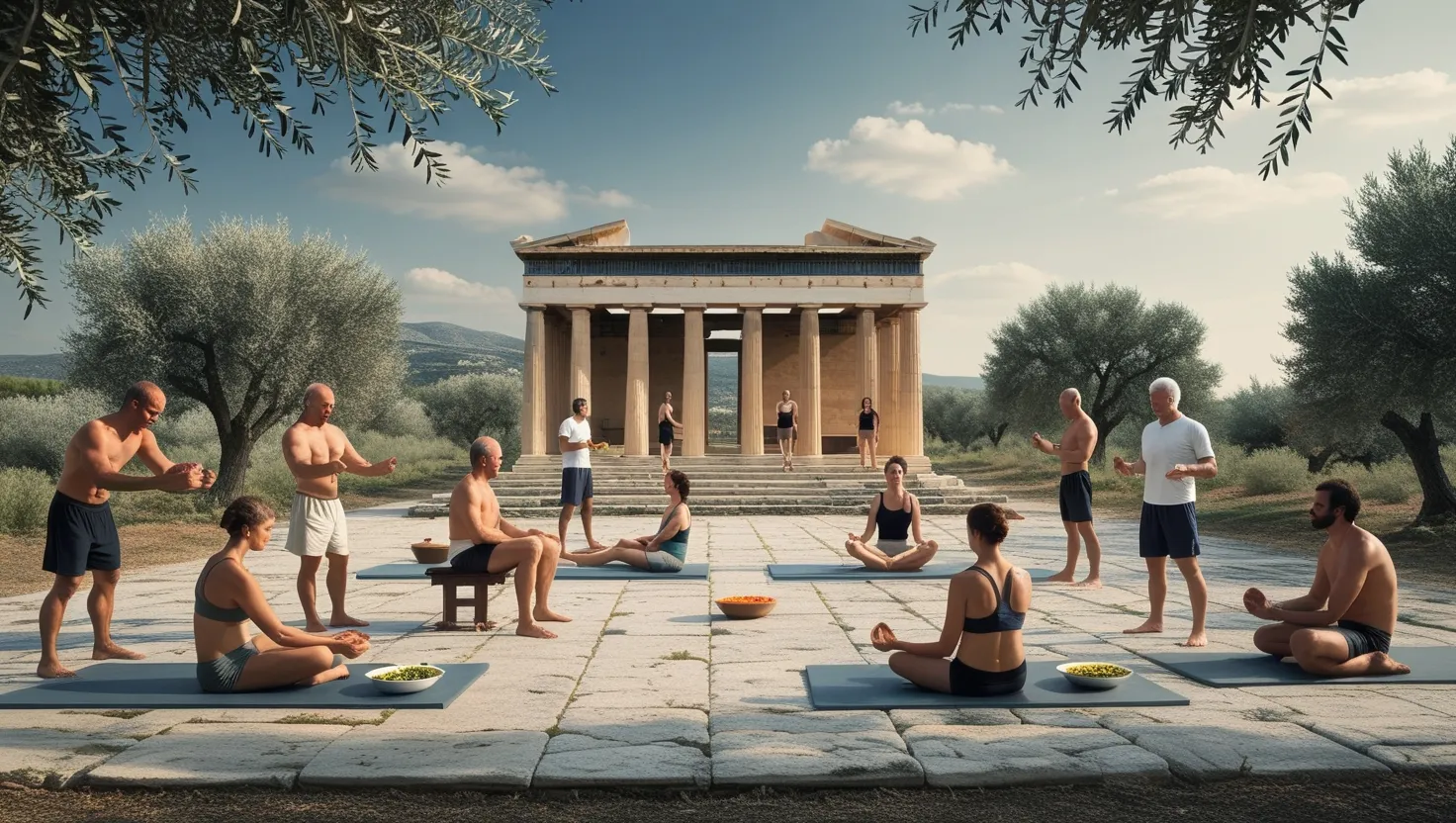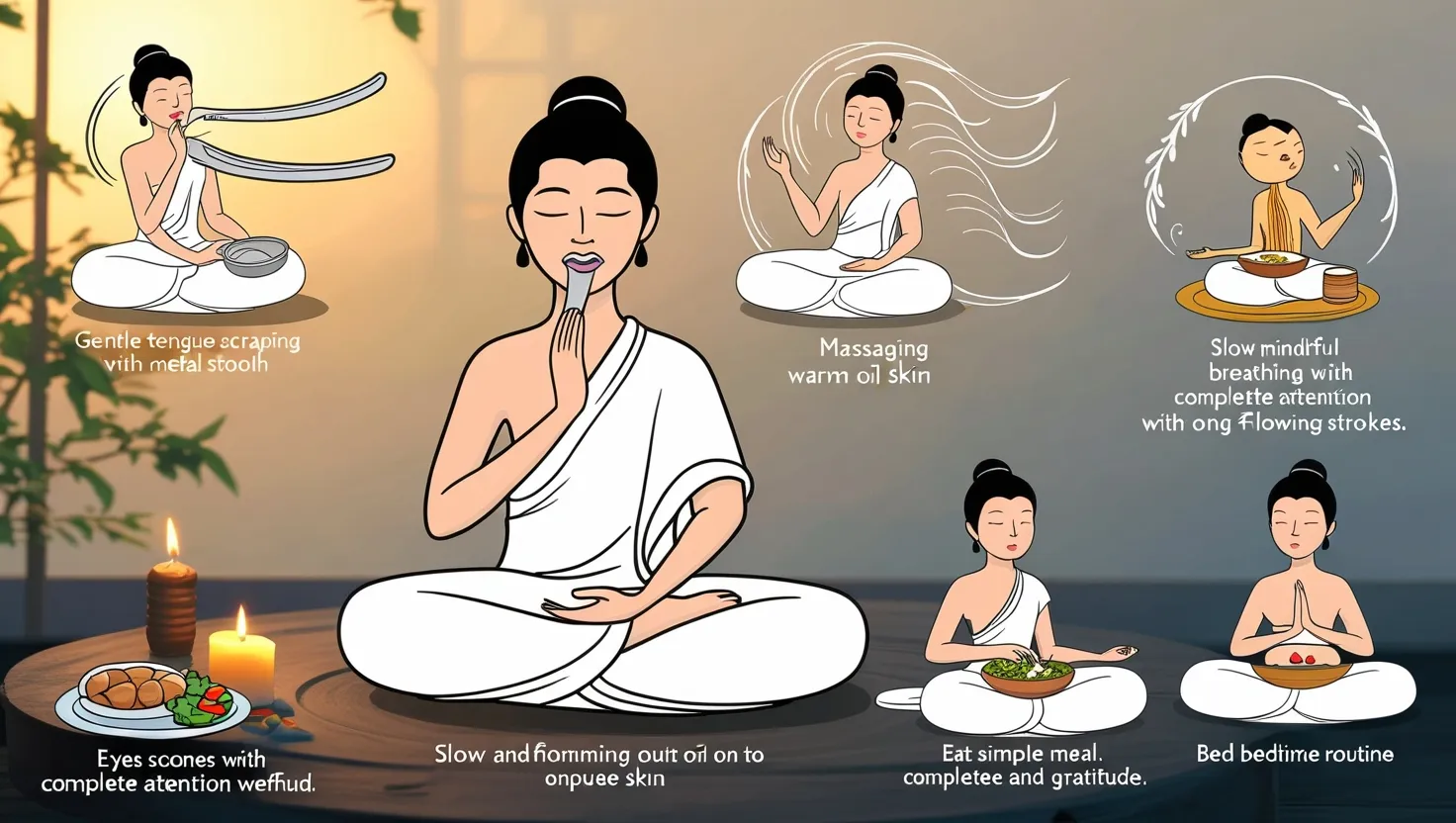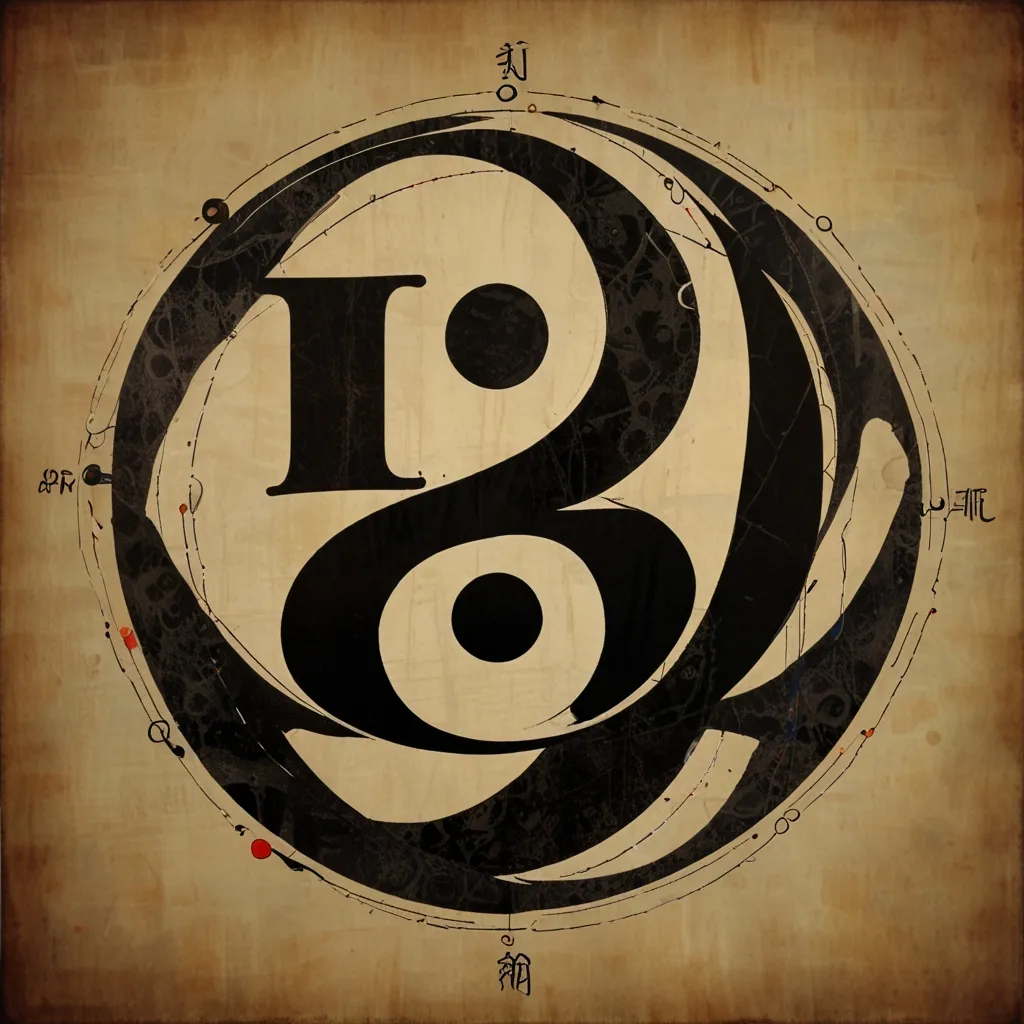The ancient Greeks had a profound understanding of health and wellbeing that continues to resonate in our modern world. Their holistic approach to wellness, balancing physical, mental, and spiritual elements, offers valuable insights we can apply to enhance our lives today.
Let’s start with movement. The Greeks believed strongly in the power of regular exercise, not just for physical fitness but for overall wellbeing. They understood that our bodies are designed to move, and that sedentary lifestyles lead to a host of health problems. In ancient Greek society, daily physical activity was woven into the fabric of life. Citizens would gather at gymnasiums not only to exercise their bodies, but also to engage in intellectual discourse and social interaction.
How can we incorporate this wisdom into our modern lives? It’s about finding ways to move throughout the day, rather than relegating exercise to a single gym session. Could you take a walking meeting instead of sitting in a conference room? What about starting your day with some gentle stretches? Even small bursts of movement, like taking the stairs instead of the elevator, can make a significant difference over time.
“No man has the right to be an amateur in the matter of physical training. It is a shame for a man to grow old without seeing the beauty and strength of which his body is capable.” - Socrates
This quote from Socrates underscores the Greek belief in the importance of physical cultivation. It’s not just about health, but about realizing our full potential as human beings.
Next, let’s consider the Greek approach to nutrition. Their diet centered on fresh, seasonal ingredients - a far cry from the processed foods that dominate many modern diets. The Mediterranean diet, which has its roots in ancient Greek eating habits, is now recognized as one of the healthiest in the world.
The key elements of this diet are vegetables, fruits, legumes, whole grains, and olive oil, with meat used sparingly. Fish was a more common protein source than red meat. Wine was consumed in moderation, usually diluted with water. This approach to eating not only provides essential nutrients but also supports gut health and reduces inflammation.
How might you shift your eating habits to align more closely with these principles? Could you replace one meat-based meal per week with a vegetarian option? Or experiment with new ways to incorporate more vegetables into your diet?
The concept of balance was central to Greek medicine. They believed that health required equilibrium between opposing forces - hot and cold, wet and dry. While we might not use these exact terms today, the principle of balance remains crucial to wellbeing.
In our modern context, we can apply this concept by balancing intense activities with adequate recovery, stimulating foods with calming ones, and work periods with proper rest. It’s about recognizing that our bodies and minds need variety and moderation to function optimally.
Ask yourself: Where in your life do you need more balance? Are you getting enough rest to counteract your periods of intense work or exercise?
The Greeks also placed great value on intellectual stimulation and social interaction. The gymnasium was not just a place for physical training, but a center for philosophical debate and discussion. They understood that mental exercise is just as important as physical exercise for overall wellbeing.
In our digital age, it’s easy to fall into passive consumption of information. But true intellectual growth comes from active engagement with ideas. How can you cultivate more meaningful conversations in your life? Could you join a book club, attend a lecture series, or simply make a point of discussing thought-provoking topics with friends?
“Education is the kindling of a flame, not the filling of a vessel.” - Plutarch
This quote from Plutarch captures the Greek view of learning as an active, lifelong process. It’s not about accumulating facts, but about developing our capacity for critical thinking and understanding.
Finally, let’s consider the Greek emphasis on spending time outdoors. In ancient Greek society, much of life took place in open-air settings. They recognized the healing power of nature long before modern science confirmed the benefits of spending time outdoors.
Today, we know that exposure to natural light helps regulate our circadian rhythms, improving sleep quality and overall health. Time in nature has been shown to reduce stress, improve mood, and boost cognitive function. Yet many of us spend the majority of our time indoors, under artificial lighting.
How can you bring more nature into your daily routine? Could you take your lunch break outside? Or plan weekend activities that get you out in nature? Even tending to a few houseplants can help bring some of nature’s benefits into your indoor spaces.
“In all things of nature there is something of the marvelous.” - Aristotle
Aristotle’s words remind us of the wonder and healing power inherent in the natural world. By reconnecting with nature, we tap into a source of renewal and inspiration that has nourished human wellbeing for millennia.
As we reflect on these ancient Greek practices, it’s clear that they offer a comprehensive approach to health that goes far beyond simply treating illness. They understood that true wellbeing comes from nurturing all aspects of our being - physical, mental, and spiritual.
In our fast-paced, technology-driven world, it’s easy to lose sight of these fundamental principles. But by consciously incorporating elements of Greek wisdom into our lives, we can create a more balanced, fulfilling approach to health.
Remember, wellbeing is not a destination but a journey. It’s about making small, consistent choices that align with these timeless principles. Start by choosing one area to focus on. Perhaps you’ll commit to daily movement, or to spending more time in nature. As you begin to feel the benefits, you may find yourself naturally drawn to incorporate more of these practices into your life.
What aspect of Greek health wisdom resonates most with you? How might you begin to apply it in your daily life?
By embracing these ancient practices, we’re not just improving our individual health. We’re also connecting to a rich cultural heritage and a deeper understanding of what it means to live well. In doing so, we may find that the path to modern wellbeing has been there all along, waiting for us to rediscover it.






